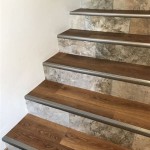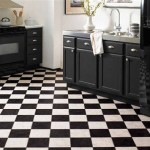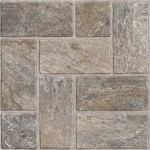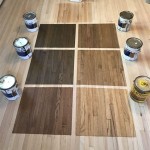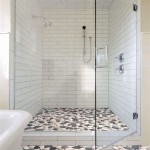Engineered Hardwood Flooring For Basement
Engineered hardwood flooring is a great choice for basements because it is resistant to moisture and wear. In addition, it is easy to install and maintain, making it a great option for do-it-yourselfers.
Here are some of the benefits of engineered hardwood flooring for basements:
- Moisture resistance: Engineered hardwood flooring is made with a water-resistant core, which makes it ideal for basements that are prone to flooding or moisture.
- Durability: Engineered hardwood flooring is a durable flooring option that is resistant to scratches, dents, and wear. This makes it a great choice for families with children or pets.
- Easy to install: Engineered hardwood flooring is easy to install, even for do-it-yourselfers. It can be installed over most existing flooring, including concrete, tile, and vinyl.
- Low maintenance: Engineered hardwood flooring is easy to maintain. It can be cleaned with a broom or vacuum cleaner, and it does not require waxing or polishing.
If you are considering installing engineered hardwood flooring in your basement, there are a few things to keep in mind:
- Acclimation: Engineered hardwood flooring must be acclimated to the temperature and humidity of your basement before it can be installed. This process can take several days or weeks.
- Underlayment: An underlayment is recommended for engineered hardwood flooring installed in basements. Underlayment helps to reduce noise and provide a moisture barrier.
- Installation: Engineered hardwood flooring can be installed over most existing flooring, but it is important to make sure that the subfloor is level and smooth.
- Maintenance: Engineered hardwood flooring is easy to maintain, but it is important to avoid using harsh chemicals or cleaners.
Engineered hardwood flooring is a great choice for basements because it is moisture resistant, durable, easy to install, and low maintenance. If you are considering installing engineered hardwood flooring in your basement, be sure to keep these tips in mind.
Here are some additional tips for installing engineered hardwood flooring in basements:
- Make sure the subfloor is level and smooth. Any unevenness in the subfloor will telegraph through the flooring.
- Use an underlayment to reduce noise and provide a moisture barrier.
- Follow the manufacturer's instructions for installation. Each brand of engineered hardwood flooring has its own specific installation requirements.
- Allow the flooring to acclimate to the temperature and humidity of your basement before installing it.
- Avoid using harsh chemicals or cleaners to clean the flooring.
With proper installation and maintenance, engineered hardwood flooring can last for many years in a basement.

The Best Wood Flooring For Basements Carlisle Wide Plank Floors

Using Engineered Wood Flooring In Basements Mansion Hill Custom Floors

Where To Get Cheap Flooring For Basements Reallycheapfloors America S Cheapest Hardwood

The Best Wood Flooring For Basements Carlisle Wide Plank Floors

Invision Hardwood Blog Best Flooring For Basements

What Is The Best Flooring For Basements Get Pros And Cons

The Best Flooring Options For Your Basement From Forest Llc

What Kind Of Flooring Should I Use To Finish My Basement Ozburn Hessey

Wood Flooring In The Basement Hgtv

Basement Flooring Tips And Recommendations Hardwood Design Centre

